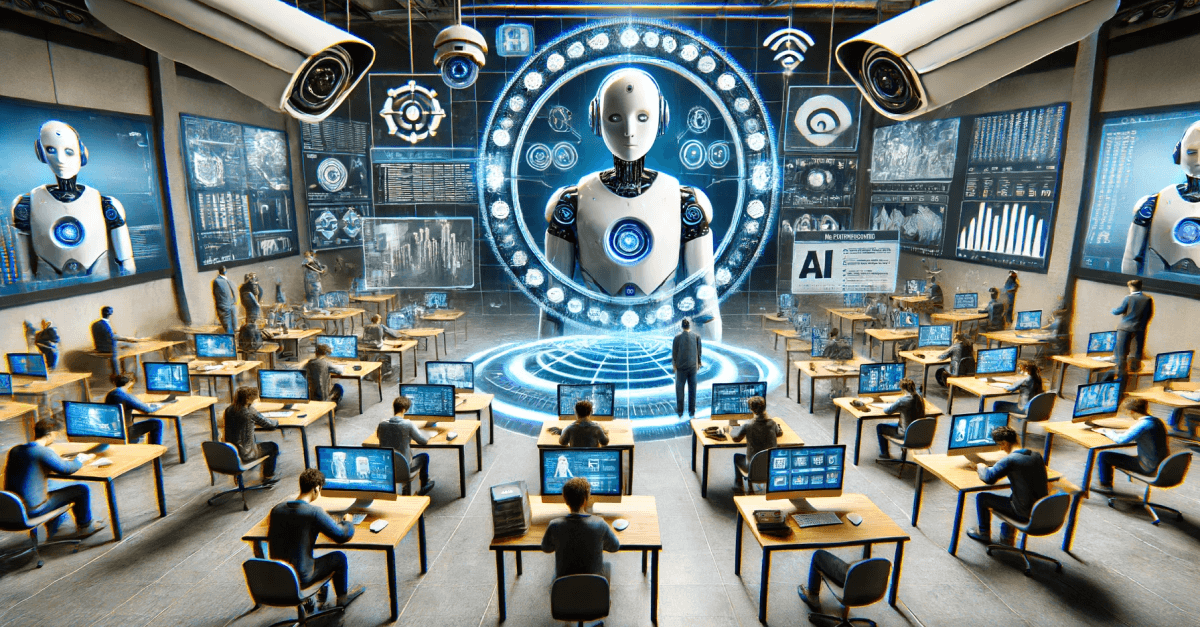Artificial Intelligence has been transforming various sectors, and education is no exception. AI agents are revolutionizing how universities operate, offering new efficiencies and enhanced learning experiences. This blog explores the role of AI agents in universities, their current applications, benefits, challenges, and future trends.
Evolution and Development of AI Agents in Education
The journey of technology in education began with basic tools for administrative tasks and has evolved to include sophisticated AI agents. Initially, technology in universities focused on simple automation and data management. Over time, AI agents have emerged, bringing advanced capabilities to academic institutions. These agents are designed to mimic human interactions and perform tasks that require cognitive functions such as learning, problem-solving, and decision-making.
Current Applications of AI Agents in Universities
Administrative Tasks
In universities, AI agents are simplifying a number of administrative procedures. The AI Agent considerably lessens the workload, for instance in admissions to evaluate applicants and offer recommendations. AI agents are now capable of handling time-consuming operations like scheduling with efficiency. These agents also oversee student data and records, making sure that it is accurate and secure.
Academic Support
In the field of academics, AI agents offer personalized learning experiences by adapting content to meet individual student needs. AI-driven tutoring systems provide instant feedback and support, helping students understand complex subjects better. Adaptive learning platforms, powered by AI agents, adjust the difficulty level of exercises based on student performance, ensuring optimal learning.
Research and Development
AI agents play a pivotal role in research by assisting in data analysis and processing. They facilitate collaborative research through AI-driven tools that help researchers manage projects and share findings. Predictive analytics, driven by AI agents, identify emerging research trends and guide researchers on future directions. 
Campus Life
AI agents also play a crucial role in remote online proctoring, ensuring the integrity of assessments conducted outside traditional classrooms. With the rise of online learning, universities are increasingly relying on remote exams to evaluate student performance. AI agents are instrumental in monitoring these exams, detecting and preventing cheating behaviors in real-time.By leveraging AI agents, universities can conduct remote exams securely and efficiently, maintaining academic integrity while providing flexibility to students.
Benefits of AI Agents in Universities
The adoption of AI agents in universities brings numerous benefits. They enhance efficiency and productivity by automating repetitive tasks, allowing staff to focus on more critical activities. AI agents provide personalized and adaptive learning experiences, improving student outcomes. They also support better resource management by optimizing schedules and facilities usage. In research, AI agents facilitate advanced data analysis and predictive modeling, driving innovation. Moreover, they offer support to faculty and staff, reducing administrative burdens.
Challenges and Considerations
The implementation of AI agents in universities comes with challenges. Data privacy and security are major concerns, as AI systems handle vast amounts of sensitive information. Ethical implications, such as the potential for bias in AI algorithms, need to be addressed. Resistance to change among faculty and students can hinder the adoption of AI agents. Ensuring the accuracy and reliability of AI systems is crucial, as errors can have significant impacts. The cost and infrastructure requirements for deploying AI agents can be substantial.
Future Trends and Innovations
Looking ahead, AI agents will continue to shape the future of education. Predictive analytics will become more sophisticated, helping universities enhance student performance and retention. AI agents will play a key role in lifelong learning and continuing education, providing personalized learning paths for individuals. The integration of AI agents with other emerging technologies, such as virtual reality (VR) and augmented reality (AR), will create immersive learning environments. Furthermore, AI agents will facilitate global education and remote learning, breaking down geographical barriers.
Conclusion
AI agents are transforming universities by improving efficiency, enhancing learning experiences, and supporting research and development. While challenges exist, the potential benefits far outweigh the risks. As universities continue to embrace AI agents, they will unlock new opportunities for innovation and growth, shaping the future of higher education.







Leave a Reply